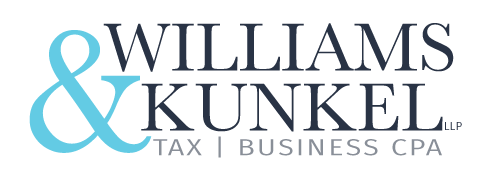Some younger people may be holding on to a lot of cash, studies show. Doing so may not be the best option. If you’re lucky enough to have extra cash sitting around, here is some smart financial planning advice on what to do with it:
For instance, a survey released this week by UBS Wealth Management Americas found that millennials who made at least $100,000 or who had that much in assets held roughly half of their portfolios in cash. And when they were asked how they want to invest money they won’t need for more than 10 years, 32 percent of 18- to 29-year-olds said they want to hold the money in cash, according to a separate poll published in July. That was higher than any other age group.
Of course, there are good reasons for having a cash fund on hand, such as to cover emergencies or to pay for houses or cars. But there can also be a cost to leaving too much money around. You could end up losing out if property, for example, becomes more expensive.

Many smart options are out there for younger people who have extra cash.
Investing your cash in real estate, stocks and other markets could help the cash grow and help you accomplish certain financial goals more quickly. Wherever you stand, here are some ways to make sure you’re putting your cash to good use.
Set clear goals. Once you set aside the money you need to pay bills and emergency funds, it can help to think about what you want to accomplish with the rest of the money in your account. Having a concrete goal in mind, even if it’s next year’s summer vacation, could encourage you to save more.
Invest wisely. Knowing what you want to do with the money also makes it easier to figure out where the cash can go. Money for goals that are far off, such as a college costs for a toddler, can be at least partially invested in riskier assets like stocks, because savers would have time to recover any losses. But money that is needed more immediately, say, for a car you want to buy next year should stay in cash or be invested in low-risk investments such as bonds.
Raise retirement contributions. Realizing that you have extra money left over each month may be a sign that you can afford to save more in your retirement account. Workers should at least contribute enough into their 401(k) plans to receive any matching contributions offered by their employers. But some advisers recommend saving even more, up to 15 percent of pay, if it’s affordable.
But before you throw every free dollar into your retirement account, you should make sure you have enough money on hand to pay for other expenses that might come up sooner. In other words, having a safety net or rainy day fund in place.
Open an IRA. People who are already maxing out their 401(k) plans can think about opening an individual retirement account (IRA), where they can contribute up to $5,500 a year, or $6,500 a year if they are at least 50 years old. IRA deductions are limited for couples and individuals with access to a workplace retirement account. Roth IRAs, which take after-tax dollars, offer more flexibility for people who aren’t sure what to use the money for. Contributions can be withdrawn at any time. And investment earnings can be withdrawn without paying a 10 percent tax for early withdrawals after an account has been open for at least five years and if the money is used for a first-time home purchase, qualified education expenses or to pay for certain medical expenses.
Consider a brokerage account. Investing can be intimidating, especially for young savers who don’t have quite enough cash where they feel ready to hire a financial adviser. But after the emergency fund is set and retirement contributions are substantial, additional savings can be invested through a brokerage account or online based investment firm. Choosing the right account will depend on how much you have to invest and how much advice you need.
Having a trusted CPA and business advice professional like Williams & Kunkel CPAs can lead you in the right direction when it comes to smart money decisions. Call us today in Flower Mound at 972-446-1040 to have a chat.
To connect with us to receive updates throughout the business week, please follow us on Twitter or LinkedIn or Like us on Facebook.
Source: Washington Post

